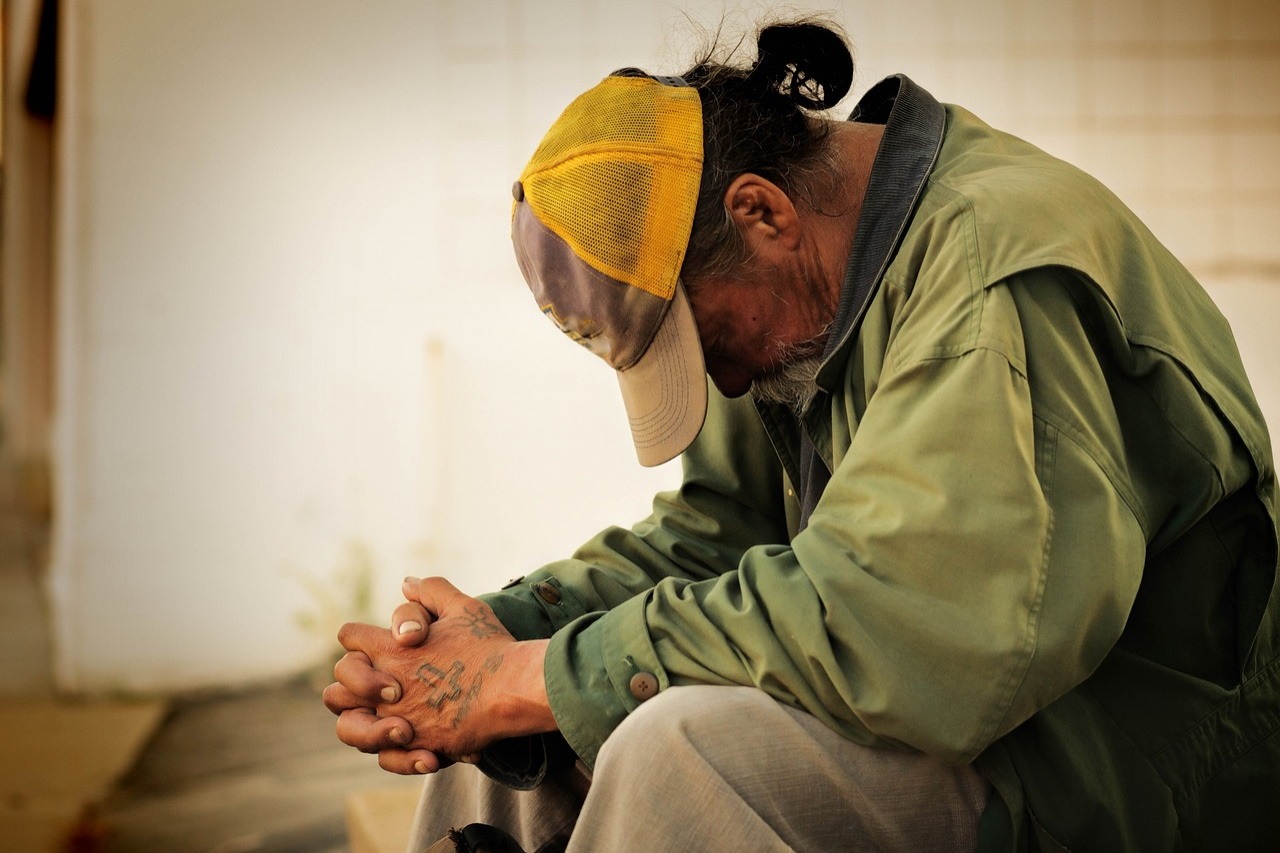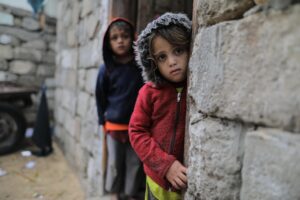In recent years, I have been more involved in working with politically and economically disenfranchised New Zealanders which includes in worrying rising numbers the homeless. Their situation is distressing and concerning. What is it like for these people?
I remember talking with a religious sister shortly after Vatican II. She and other sisters in her community were trying to live out what making “an option for the poor” meant for them. In their situation it had required forsaking well-respected Catholic schools in which they held important positions and moving to a poor suburb on the other side of town. She recounted how their material situation had changed dramatically when they moved from their well-ordered institutional communities to live among the poor. But she told me that while she and her companions were now living in less comfortable situations than they had previously experienced, they could not empty their heads of the knowledge, skills and contacts that previous educational opportunities, respect and status in the church had meant for them. That knowledge, those important contacts could not be divested as easily as material well-being.
What I find concerning in being with these homeless people is that they have so little control over their lives. They are victims of circumstances all too often beyond their control and when their income is low, even something that seems relatively minor to others may just be enough to tip them over in turns of financial management – the tyre blows out, bad toothache, the washing machine breaks down, the school wants $75.00 for an imminent school trip. Such events might have nuisance value for the middle-class family. For the poorly paid and the unemployed such occurrences may represent real disaster, and often results in people showing up to emergency housing centres around the country. Poverty always means absence of choice.
As we approach Christmas, what did lack of adequate accommodation at a stressful time mean for a young carpenter of Nazareth and his even younger pregnant wife, Mary.
There is nothing in ether Matthew or Luke’s chapter about the birth of Jesus that mentions a donkey. Mary may well have been walking, her situation analogous to that of the expectant mothers fleeing vicious civil war and worse in their countries. Probably as a safety precaution Mary and Joseph were travelling as part of a group to ensure protection from robbers. The journey for a heavily pregnant young woman would have taken several days. There is no doubt that Mary and Joseph would have been fearful. Would they find suitable accommodation that night? Would Mary be worrying about the possible birth of her child while they journeyed through Samaria, given the long-standing enmity that existed between Samaritans and Jews? Would they be in time for the census to which Luke refers in his gospel? Would they be penalised if they were late? Was Joseph still feeling embarrassed, angry, or upset about the early conception of the child? Would they experience loneliness and alienation? Perhaps not while they were walking down the dusty road, but almost certainly when they and their companions arrived at a little wayside inn and found they were all competing for accommodation.
I wonder if their dominant emotions were not those of vulnerability and powerlessness. After all, Mary and Joseph would probably have been quite happy in Nazareth where their extended family also lived. Some NT scholars believe that Joseph could have been working in Sepphoris/Tzipori, some six kilometres north-west of Nazareth. The small village was in the process of being transformed into a major imperial city. And then the command of Emperor Augustus that they had to go to Bethlehem, Joseph’s ancestral home, and be registered. There was nothing that they could do but obey. Imperial authorities were ruthless and to disobey would have invited all sorts of trouble. But going also created problems. Would there still be work at Sepphoris when they returned? Would Joseph be able to support Mary and the child when they returned to Nazareth? Would there be family support for his young wife in Bethlehem? The canonical gospels are curiously silent on such matters.
I suspect that Mary and Joseph have much in common with people arriving at emergency housing centres. These who come also feel vulnerable and powerless. It is not the young mother’s fault that her partner has beaten her up and so she has fled to an emergency housing refuge. Nor is it the fault of the young dad earning about $25.00 per hour, who loses his job and finds that he is unable to pay $550.00 per week in rent.
Luke’s gospel tells us that Mary “gave birth to her firstborn son and wrapped him in bands of cloth and laid him in a manger because there was no room for them in the inn”. As current refugee crises demonstrate, today we live in a country and in a world where there are millions who cannot find a room at the inn.
Christmas is a time for families to celebrate their togetherness, but sadly it is also a time where there is no room in the inn, and no adequate and safe accommodation for many in our country, in our world. Like the Magi who brought gifts to the newly born child, we too are called to bring gifts to the poor in our midst, to the ones for whom there is no room in the inn.
Susan Smith RNDM is a lecturer emerita in The University of Auckland’s Department of Theology. Her PhD was on developments in Catholic missiology after Vatican II. After her retirement from The University of Auckland, Susan also provided NT modules for the University of Newcastle, Australia, and a Women in Leadership module for Duquesne University. Susan lives with another member of her congregation in Whangarei, New Zealand, where both are committed to exploring experientially what it means to live in an eco-community. Both are involved in neighborhood environment organizations. They are particularly interested in what might shape eco-spiritualities in New Zealand.





Thank you for this timely reflection. In a world where so many migrants are on the move – fleeing wars or other forms of violence, or fleeing lands adversely affected by climate change/crisis/catastrophe – your linking their experience to that of Jesus, Mary and Joseph, brings it smack into the middle of Christmas, and the reality that there was “no room for them in the inn”. An uncomfortable side of Christmas.